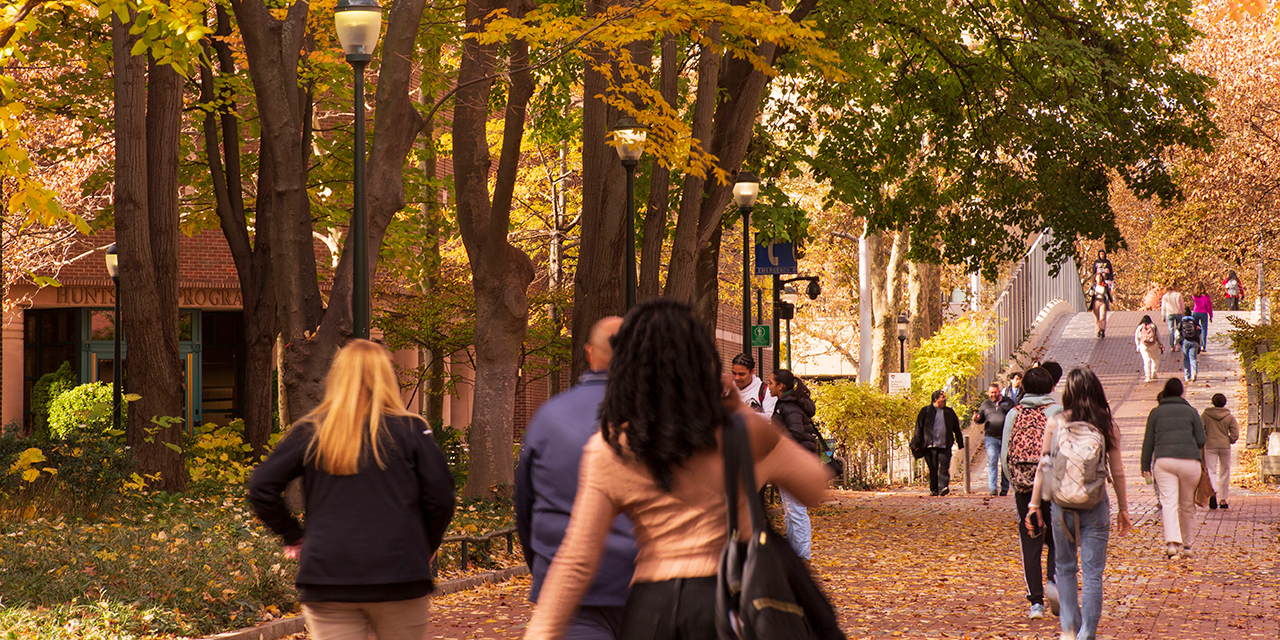The eruption of anti-Israel—often pro-Hamas—protests and encampments on American campuses after October 7, joining keffiyeh-wearing students and faculty sympathizers, has exposed the crisis of the American university. The crisis has three main aspects; none are new, and each is prevalent at the nation’s most elite schools, as well as at less elevated institutions.
First is the Left’s domination of academic instruction, a problem that conservatives have warned about since William F. Buckley’s fiery 1951 debut, God and Man at Yale. From neo-Marxists railing against imperialism to critical race theorists denouncing white supremacy, progressives and radicals rule the collegiate classroom, outnumbering right-of-center faculty by 12 to one on some estimates, and exerting control over what can be said. Professors or students daring to violate those norms can swiftly find themselves under fire—even canceled. The Left’s control of the university intellectual climate helps explain the often feckless—or worse—administration responses to student violations of campus rules, intimidation of critics, and even outright lawbreaking. And it helps explain the alarming worldview of the protesters themselves.
The second component, growing from the first and reinforcing it, is the entrenchment of a vast, well-paid university bureaucratic class, dedicated to the racist and anti-American ideology of diversity, equity, and inclusion. These DEI officers seek to impose identity politics on every corner of campus life, from admissions to faculty hiring to curricula. Even science is no longer safe: if two plus two equals four or the facts of biology are deemed to conflict with race or gender equity, recognition of reality is increasingly likely to lose out.
Third, the high cost of a four-year degree leaves many students in debt and struggling to repay loans. It’s no surprise that recent polls find not only that a mere 40 percent of Americans believe a degree is worth the cost but also that undergraduate enrollment is slipping.
These problems would matter less if they didn’t extend beyond universities. Unfortunately, the ideological corruption of the academy affects the workplace, politics, and—on the planetary scale—America’s global standing, above all in its competition with China, where hard science is still respected. And poorly educated students, frequently facing lousy prospects for remunerative work and owing too much money, are not a source of future national flourishing, to put it mildly.
This symposium, part of a series on the major issues America faces in 2024, brings together a group of distinguished thinkers who analyze the university crisis and suggest achievable reforms—some already under way.
Photo: Hill Street Studios / DigitalVision via Getty Images






